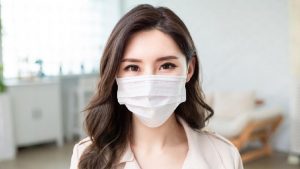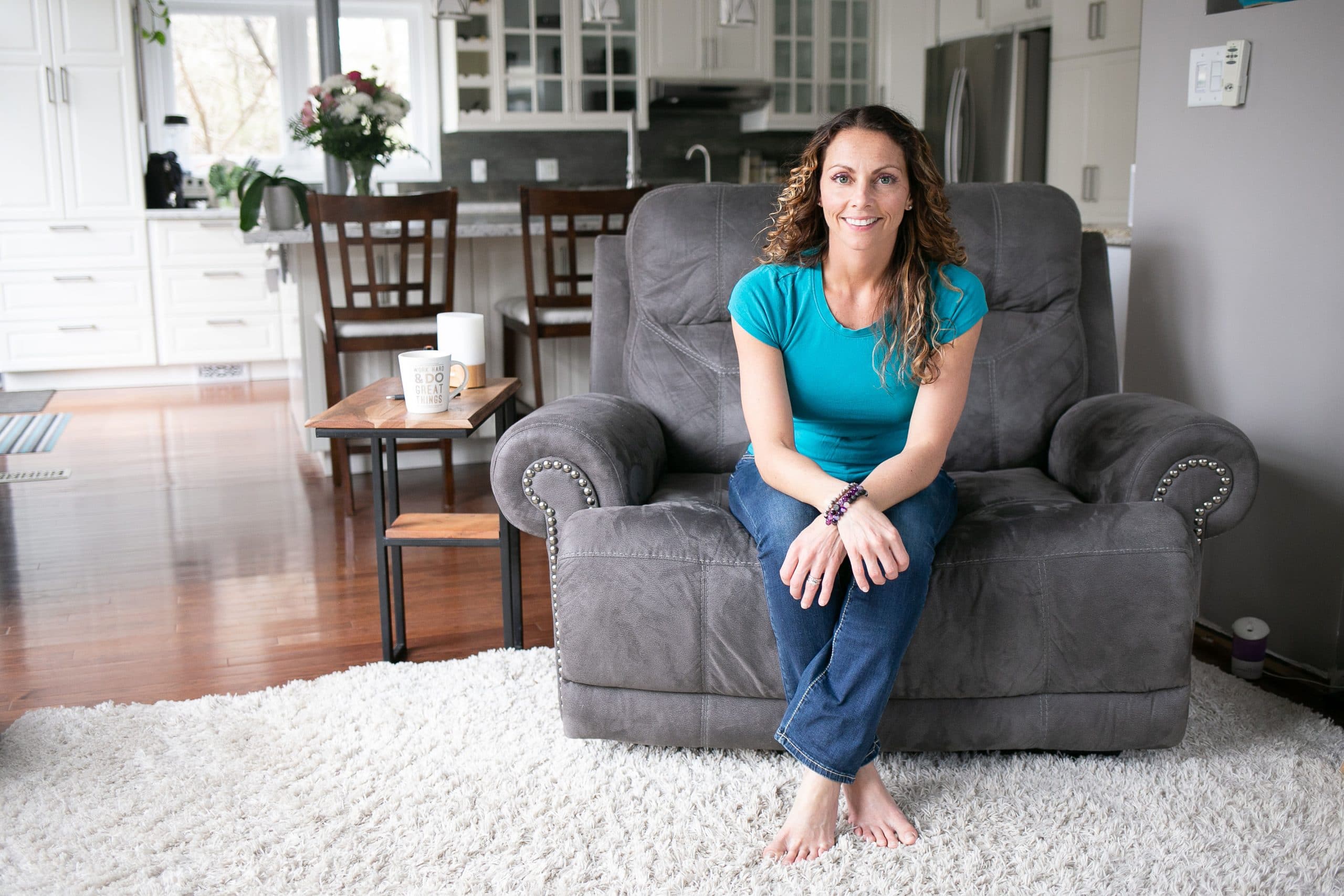Our bones provide the framework for all of our tissues, allow us to move, and protect our internal organs. The minerals that they store not only keep them strong but are also released into the body as needed. Our amazing skeletal system is in constant use every day of our lives, so it needs to go through constant repair and rejuvenation as well. Since our bones are so essential to us and are in constant need of replenishment, it’s important that we prioritize their health!
The Dangers of Losing of Bone Density
Unfortunately, loss of bone density is a major problem in our society. Osteoporosis, or low bone mass, affects about 1.4 million Canadians. Approximately one in four women and one in eight men over the age of 50 have been diagnosed with this condition. It is normal to lose some bone mass as we age, but too much loss of density may diminish a person’s health and quality of life.
Losing bone mass allows the bones to become more brittle, increasing the risk of fractures, especially in the hip, spine and wrist. It can also cause back pain, stooped posture, and loss of height. Few people realize that they have osteoporosis until their bone health reaches the point where their bones may be at risk for breaking.
Hip fractures in particular can be very problematic. They are a major source of morbidity, mortality, and loss of quality of life, especially in the elderly.
As a Physiotherapist, when I practiced on the surgical floors, we would see the negative short and long-term consequences of hip fractures, not only from the fracture itself but also from complications from prolonged hospital stays.
Beyond suffering pain, a hip fracture results in a loss of physical function, decreased social engagement, increased dependence, and worse quality of life. Many people who sustain a hip fracture need to change their living conditions, such as relocating from their home and independent living into an assisted care facility. Ultimately, the often rapid regression of an older person’s health following a hip fracture means outcomes are poor.
Maintaining good bone density and functional mobility are paramount for long-term independence and quality of life. Fortunately, it is entirely possible to turn things around and provide the required nutrition and other supports for your bones.
What Do Our Bones Need for Optimal Health?
Certain good bone-health habits and lifestyle changes can prevent or stall osteoporosis. The following steps can help you improve your bone health:
- Eat a balanced diet with sufficient calcium and vitamin D. This means consuming foods such as dairy products, dark leafy greens and other calcium-rich vegetables, and foods and beverages with added calcium. Good sources of vitamin D include egg yolks, certain kinds of fish, liver, and vitamin D-enriched foods like milk.
- Drink lots of water. This helps to maintain proper hydration and pH balance in the body, which are beneficial to a healthy skeletal system.
- Get plenty of physical activity. Our bones need blood and oxygen to metabolize nutrients and produce waste, so it’s important to get the heart pumping. Also, like muscles, bones become stronger with exercise. Healthy bones need strength-building and weight-bearing exercise as well as aerobic exercise. You can also increase your balance and strength by walking every day and taking classes like yoga, pilates, or dance.
- Choose a healthy lifestyle. Avoid smoking and keep alcohol consumption to a minimum.
- Talk to your doctor. Review your risk factors with your doctor and ask if you should get a bone density test.
- Prevent falls. Most falls can be prevented. As you age, it’s important to check your home for dangers like loose rug edges and low lighting and to have your vision checked regularly.
Supplementing for Bone Health
Getting enough calcium and vitamin D in your diet can be difficult for most people, and it’s especially challenging if you avoid dairy or are vegan. I highly recommend dōTERRA’S Bone Nutrient Essential Complex as a daily supplement to your diet.
It’s a blend of vitamins and minerals that are essential for developing and maintaining healthy bone mass and density. This supplement is formulated with bioavailable forms of natural nutrients that include vitamins C and D, as well as calcium, magnesium, and other trace minerals that support healthy bone density.
Bone Nutrient Essential Complex is often marketed toward women because women are at a higher risk for bone loss (especially after menopause), but we know that bone loss also occurs in men. I recommend this supplement for all adults!
On a more personal note, my mother-in-law was experiencing some loss of bone density and was at a higher risk for low bone density. She began taking the Bone Nutrient Essential Complex consistently. At her 3-year follow-up, her bone density hadn’t changed… it had stopped dropping! She has also been able to add in more weight-bearing activities and pilates classes without joint discomfort. I have seen firsthand the positive effects that this product can produce!
If bone health is on your radar and you have questions about supplementing or supporting your overall health, I’m here to help – please reach out!





